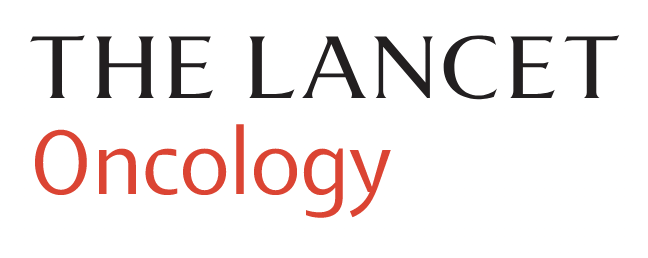
A Lancet journal has retracted and replaced a 2021 paper on the treatment of pancreatic cancer over an error that prompted an institutional investigation.
The article, “Stereotactic body radiotherapy plus pembrolizumab and trametinib versus stereotactic body radiotherapy plus gemcitabine for locally recurrent pancreatic cancer after surgical resection: an open-label, randomised, controlled, phase 2 trial,” appeared last July in Lancet Oncology and received a significant amount of attention on social media. It has already been cited seven times, according to Clarivate Analytics’ Web of Science.
According to the journal, after publication readers notified the editors about potential problems with the data – in particular, apparent issues with the survival curves in study. In October 2021, the journal published a letter to the editor by a group in Japan detailing the concerns and stating that:
We worry that there might be human error in the analysis.
To find out, the journal requested an investigation from Changhai Hospital, an arm of the Naval Medical University in Shanghai, where the authors of the study were based.
As the notice explains:
On July 5, 2021, The Lancet Oncology published a randomised phase 2 trial by Zhu and colleagues1 comparing stereotactic body radiotherapy plus pembrolizumab and trametinib with stereotactic body radiotherapy plus gemcitabine for locally recurrent pancreatic cancer after surgical resection. Following publication, we received letters expressing concerns about the validity of the Kaplan-Meier figures, and the data therein for progression-free survival and overall survival, which seemed to indicate a survival bias. Consequently, we requested a full institutional review from the Changhai Hospital affiliated to the Naval Medical University (Shanghai, China), which confirmed these [sic] the concerns were correct and that the researchers had inadvertently calculated the survival analyses not from randomisation, but from surgery before this timepoint. The overall conclusions to the Article, however, remain broadly the same. Due to the extensive nature of the corrections needed to the paper following the recalculation of the Kaplan-Meier curves, from Feb 28, 2022, we are retracting the previous version of the Article and republishing a fully corrected version. Changes are highlighted in the retracted version of the paper in an appendix of the Article.
We emailed Gang Jin, a corresponding author of the paper, for comment but have not heard back.
Like Retraction Watch? You can make a one-time tax-deductible contribution by PayPal or by Square, or a monthly tax-deductible donation by Paypal to support our work, follow us on Twitter, like us on Facebook, add us to your RSS reader, or subscribe to our daily digest. If you find a retraction that’s not in our database, you can let us know here. For comments or feedback, email us at [email protected].